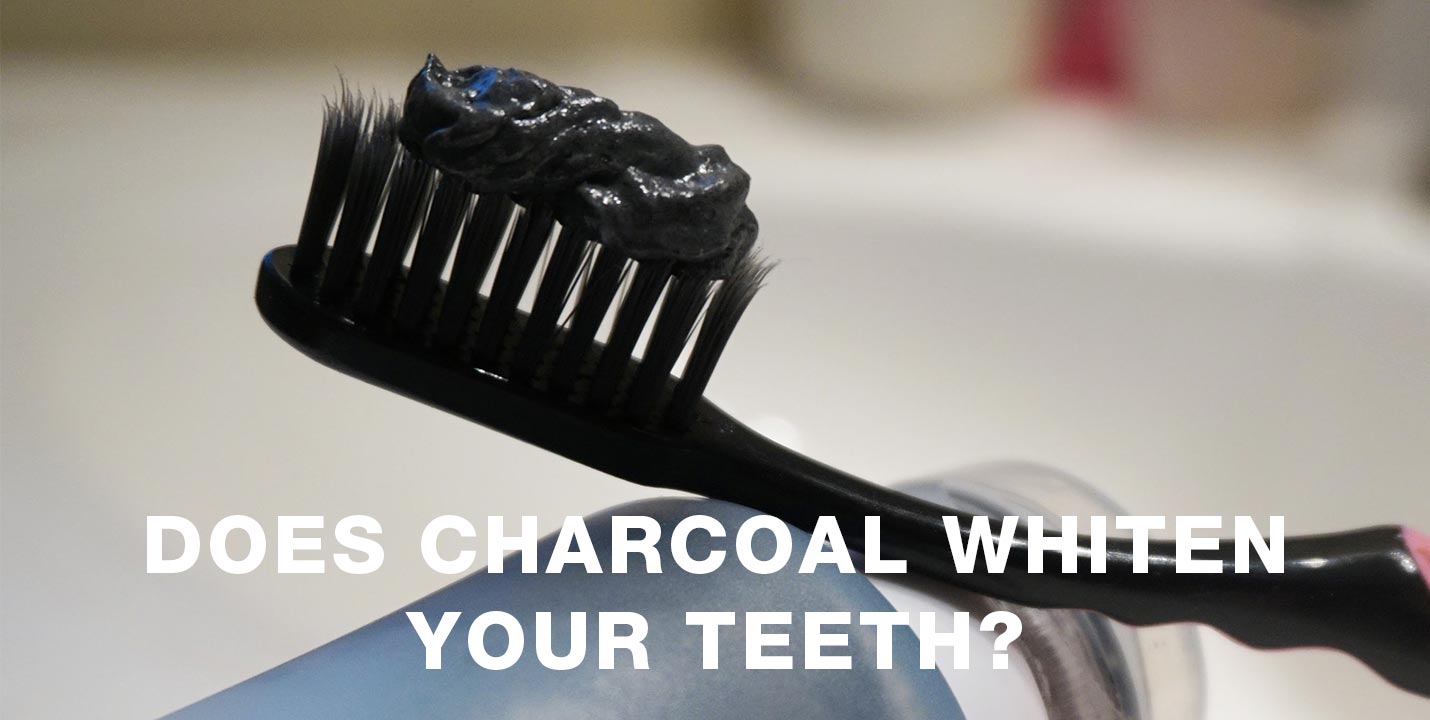
Before we settled on using British Pharmaceutical Grade Activated Charcoal made from coconut shells in our Active-Performance Carbon Face Wash and Deep Cleansing Body Wash, we tested dozens of charcoal varieties before finding the best one. With the comprehensive experience we’ve gained with charcoal, can it whiten your teeth?
The truth is, charcoal might be doing your teeth more harm than good. In fact, the Oral Health Foundation in the U.K. issued a statement warning people that the whitening effects of activated charcoal are exaggerated. There is currently no formal evidence charcoal, in its activated form or not, whitens teeth.
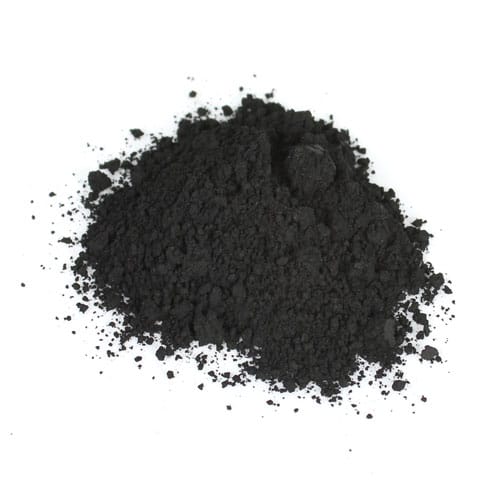
Activated charcoal is similar to the common charcoal you would use on a barbeque and can be made from peat, coal, wood, bamboo or coconut shells except activated charcoal is treated to make the makes the charcoal more porous. This helps activated charcoal “trap” chemicals, the purpose of which is used widely in hospitals for cases of poisoning.
There are two treatment methods, the first is chemical – prior to carbonization, the raw material is impregnated with certain chemicals. The chemicals are typically phosphoric acid, potassium hydroxide, sodium hydroxide, calcium chloride or zinc chloride.
The second method, the one we use, is to treat the charcoal after carbonization using purified high pressure steam.
Commercial forms of charcoal or activated charcoal which are not approved for pharmaceutical applications may contain by-products which may cause harm and quite often many companies do not publish the specification of their charcoal.
Teeth whitening itself is much more complex. For one, the compounds in activated charcoal can be abrasive. Research from the Journal of Physics: Conference Series found that brushing with activated charcoal increases the roughness of tooth enamel, which can make it easier for bacteria to stick to the surface. That can put you at risk of more cavities, greater plaque accumulation and even periodontal disease.
Teeth whitening toothpaste: The gritty truth
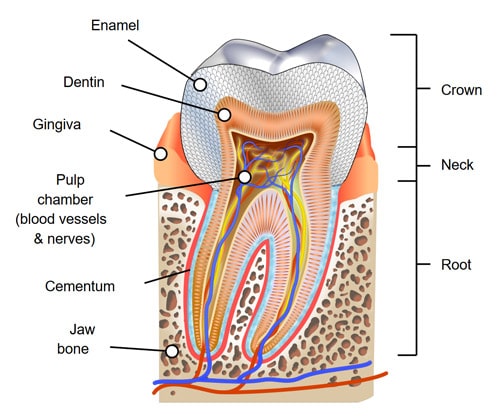
While charcoal can remove external staining – staining on the outside of the teeth caused by foods and drinks such as tea, coffee and red wine by its abrasive action on the enamel. This is the primary method whitening toothpastes work – by wearing the enamel down and if used too often can wear away the enamel on the teeth causing sensitivity. The enamel on our teeth does not regrow, you can cause irreversible damage. Once the enamel is removed, you will expose the dentine underneath, which is naturally more yellow.
The number of charcoal toothpastes and powders on the market is growing rapidly, marketed through instafamous celebrity endorsements, but we believe shoppers are being misled. Looking at “before and after” photos doesn’t tell the entire story, said Nigel Carter, B.D.S., CEO of the Oral Health Foundation, in the statement.
“Much of the time the celebrity has had professional tooth whitening and their white smiles are not a direct result of using the product,” he explained.
(For more news like this delivered to your inbox, sign up for our newsletter!)
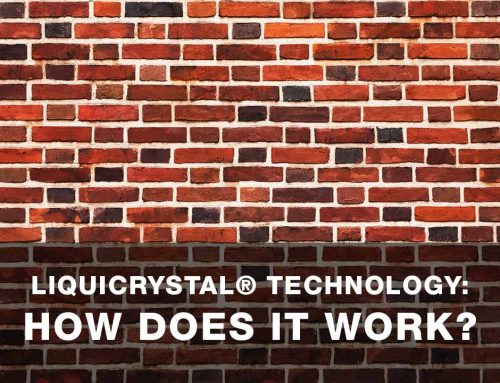
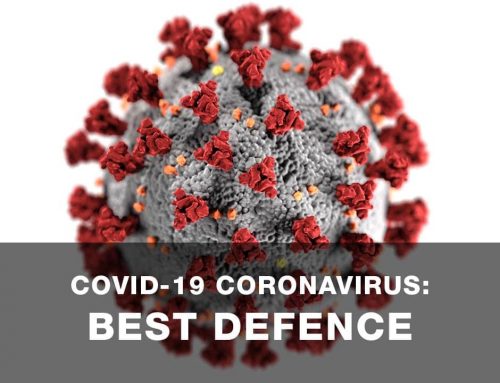
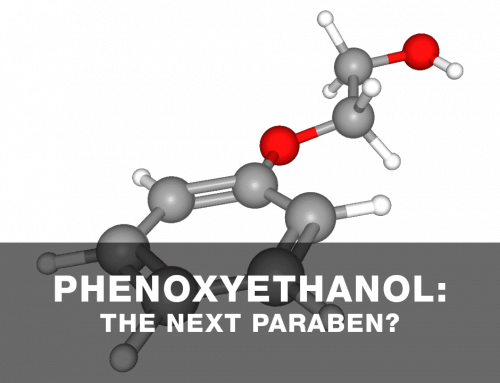
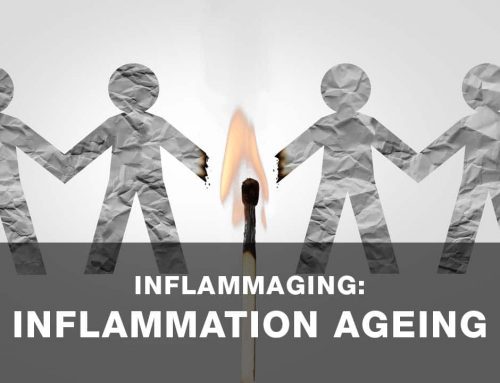
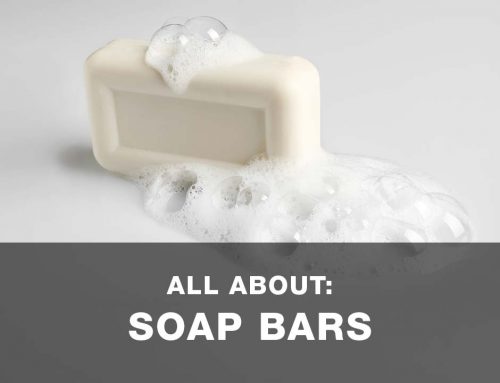
Leave A Comment